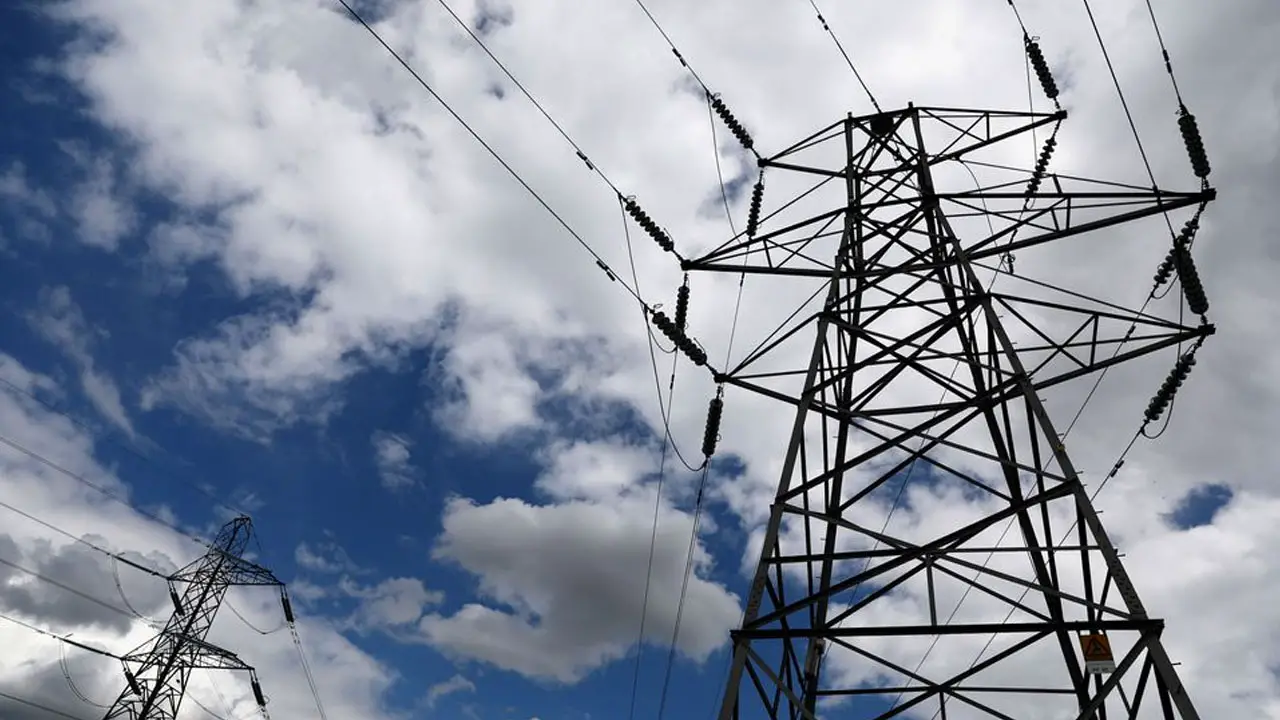According to Abubakar Aliyu, the government intends to produce 30 gigawatts of electricity in Nigeria by 2030. Aliyu, who is the country’s mister for power disclosed this in Lagos during the ninth Nigeria Energy Exhibition and Conference.
He claimed that, in addition to being one of the most crucial elements of economic development, energy is often one of the most crucial infrastructure necessities for human survival and modern living.
Moreover, he said that having access to energy, particularly electricity, is essential for socio-economic development and is taken into account when calculating the human development index because it raises citizens’ standards of living.
Also Read: Deal signed for Northern corridor electricity transmission project in Nigeria
In addition to achieving 30 gigawatts of electricity in Nigeria, the nation is also on track to earn a net zero commission by 2060. According to Aliyu, this is all thanks to the transition plan that was just unveiled.
Abubakar Aliyu remarks on the Nigeria Energy Exhibition and Conference, and the govt aim for 30 gigawatts of electricity in Nigeria by 2030
The minister claimed that the special occasion offers attendees chances to interact with people from the private and public sectors.
He stated, “This occasion allows us to interact with energy specialists in order to create collaborations. And above all, find answers to the many obstacles keeping us from attaining our intended outcomes in the energy sector.”
This, he claimed, is not a surprise, because power capital energy consumption is a healthy sign of expansion.
Aliyu continued, “We are aware that Nigeria needs more energy capacity in order to meet its aspirations for economic development. Our enormous unmet energy needs today will inevitably grow as a result of urbanization and population growth. This demonstrates how important energy availability is to achieve our nation’s development goals.”
In addition, he stated the need for an enabling policy that promotes investment in cutting-edge energy technology and infrastructure growth.
He added, “I firmly believe that cooperation as starkly reflected in our energy policies is the key to achieving this. The private sector is responsible for providing the much-needed capital necessary to provide energy access.

